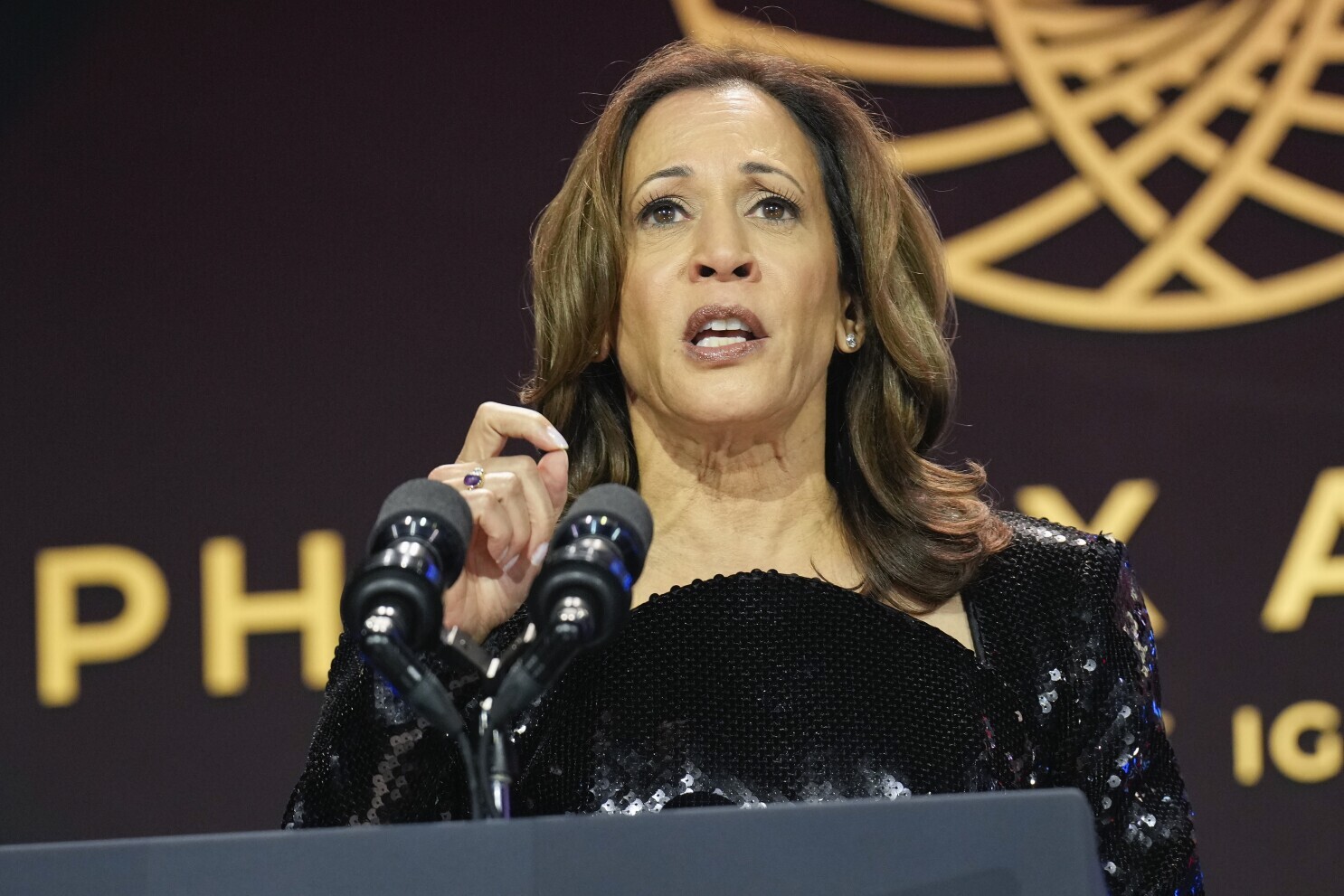A recent New York Times/Siena College poll highlights a troubling gap in support for Vice President Kamala Harris among Black voters compared to President Joe Biden’s performance in 2020. While nearly 80% of Black voters surveyed indicated they would support Harris in the upcoming election, this figure is a significant decline from Biden’s 90% support among the same demographic, which played a crucial role in his victory.
This drop in support could jeopardize Harris’s chances of securing key battleground states in the 2024 presidential race.
The poll indicates that former President Donald Trump is making inroads with Black voters, further complicating Harris’s position. While she enjoys a majority of support from Black voters, the erosion of that support is concerning, especially as some voters express a growing disillusionment with the Democratic Party.
Many believe the party has not fulfilled its promises, leading to a perception that Republicans may be more committed to their commitments. This sentiment was echoed by LaPage Drake, a tree removal service owner from Texas, who expressed a sense of betrayal by the Democratic Party and announced his support for Trump.

Former President Barack Obama has also weighed in on the situation, urging Harris’s supporters to recognize the importance of winning over Black voters. During a recent event in Pittsburgh, Obama pointed out the necessity of connecting with voters who share similar backgrounds and experiences.
He emphasized the importance of understanding the struggles faced by Black communities, which he believes should resonate with voters considering their options in the upcoming election. His comments reflect an awareness that Harris’s campaign may not be resonating as strongly as anticipated within this key voter base.
Polling data from a Washington Post survey reveals that 24% of Black voters in Ohio lean towards supporting Trump instead of Harris, further emphasizing the growing challenge for her campaign. This statistic indicates that Harris’s appeal may be weaker than expected among a demographic that was crucial for Biden’s success just four years ago. The upcoming election may require a reevaluation of how Harris engages with Black voters if she hopes to improve her standing.
In addition to the struggles within the Black voter demographic, the poll also suggests that Democrats may be losing ground with Latino voters as the November election approaches.
The Times reported that the survey, conducted between September 29 and October 6, involved interviews with 589 Black voters and had a margin of sampling error of plus or minus 5.6 points. As the election draws closer, the challenges facing Harris and the Democratic Party may necessitate urgent strategic adjustments to address these shifts in voter sentiment.


